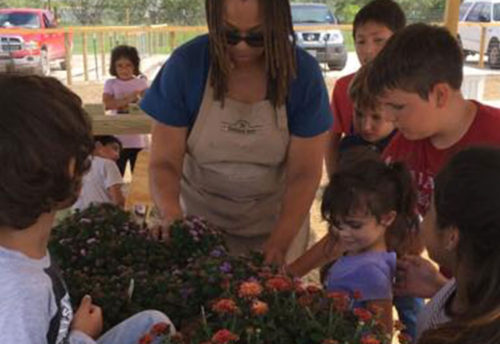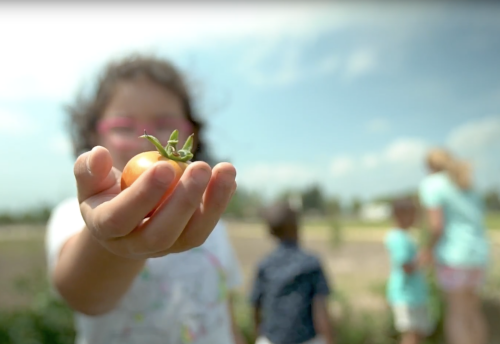
Pace Helps Students Find Their Voice
In a lifestyle dominated by technology, kids are spending less and less time interacting with people. Here at Pace academy we have made it our mission to promote healthy interactions for our children through the connections they make with each other and the other people on our campus.
I think that one of the reasons so many of our kids become more socially and emotionally developed is because we dedicate time communicate with our children, it’s not just a delivery of information. It’s an interaction that teachers have with the students and it’s more than just academics.
In order to thrive in a people-filled world, children must develop people skills. The only way to develop these skills is through interacting with peers, teachers, parents and other community members. We like to guide our children through conflict resolution, coping with disappointment and coping with change.
One example of how we advocate healthy communication between friends is encouraging healthy interactions on the playground; especially since there is so much playground time! At least 1 hour a day every day for every student.
Our children have the opportunity to manage social situations that involve sharing, being kind, being gracious, showing compassion and being patient. Education is a journey and every child is given the support to improve socially and emotionally.
For the first year and a half this school was open I actually had a teacher that taught children how to play. She taught them how to jump rope, how to hula hoop, how to organize games amongst themselves; and she showed them more equitable ways to decide what game to play next. These were skills that they had never used before coming to Pace. These are skills that a lot of kids still lack.
In class there are always opportunities to help students grow. One of my favorite lessons (that I actually remember posted on our refrigerator as a child) is “Before you speak your words should go through three gates, gate one – is it true, gate two- is it necessary, gate three – is it kind?
Sometimes growth for a child can be for them to find acceptable ways of saying “No”. Children sometimes find it difficult to express their wants because they are taught that good manners mean they must not be “sassy”. We want out children to be well-mannered and have to autonomy. Instead of saying “No”, we teach our children to kindly explain their desires, such as, “I’m too full to continue to eat, and I’m going to save this portion for later.”
This is how we help children find their voice; this how we groom competent, confident and caring people.



